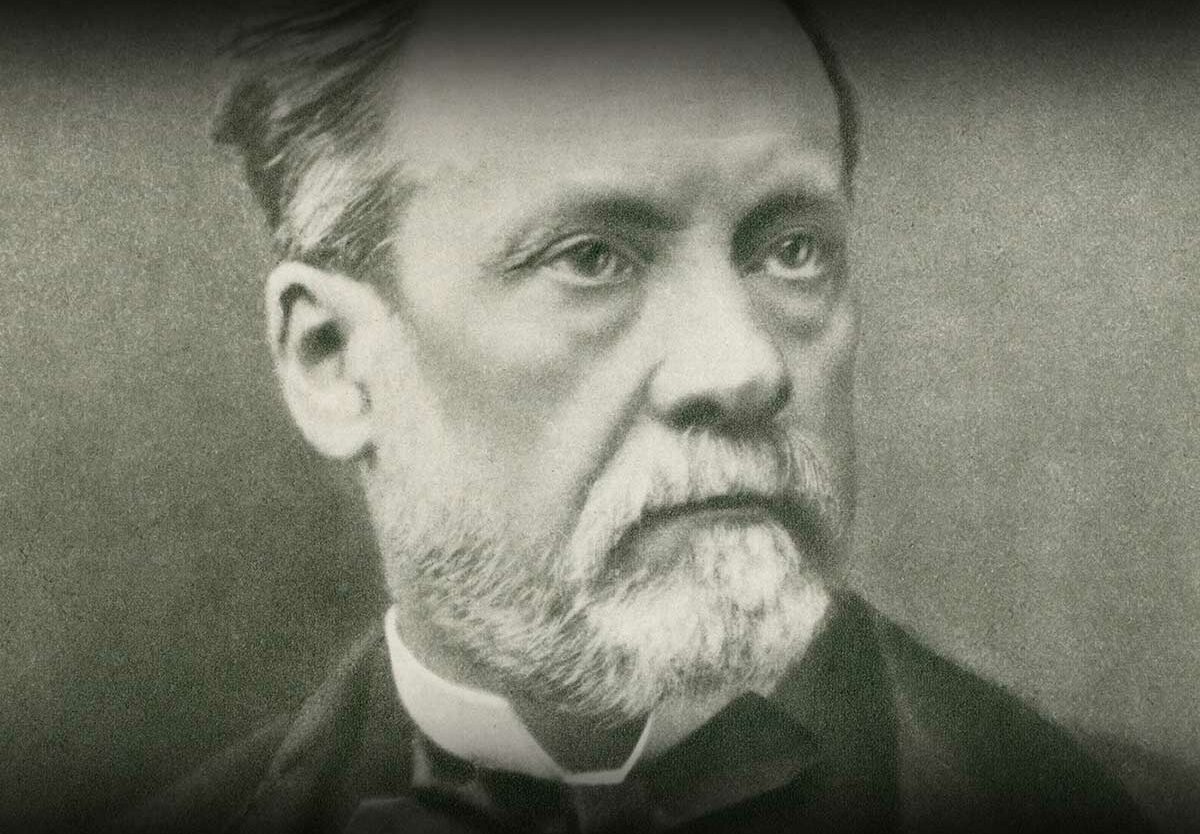Louis Pasteur, born on December 27, 1822, in Dole, France, was a mathematician, bacteriologist, and physicist who invented the first rabies vaccine, inspired the germ theory of disease and created the pasteurization process. Pasteur also saved the French silk industry, founded the Pasteur Institute, and led to the invention of the field of immunology. Let’s talk about the achievements of one of the greatest chemists the world will ever see.
Fast Facts
Full Name:
Louis Pasteur
Birth date:
December 27, 1822
Death date:
September 28, 1895 (age 72)
Zodiac Sign:
Capricorn
Height:
5' 5"
Net Worth:
$1 million
Background
Louis Pasteur was born December 27, 1822, in Dole, France. His father was the local tanner, and his mother was devoted to caring for him. Pasteur was an average student during his childhood and was interested in fishing and sketching. When he grew older, Pasteur drew several oil-painted portraits of his friends, neighbors, and parents. He attended secondary school at the Collège d’Arbois. In 1838, he got into the Collège Royal at Besançon and studied philosophy, earning a bachelor of letters in 1840. Two years later, he earned his bachelor of science in mathematics. Pasteur also took the entrance test for the École Normale Supérieure the same year but decided not to continue because his ranking was low. A year later, he passed the test and entered the École Normale Supérieure.
By 1846, Pasteur had gotten his science degree and been appointed professor of physics at the Collège de Tournon in Ardèche. But his talents were in such high demand that he returned to Antoine Jérôme Balard, a pioneering chemist, at the École Normale Supérieure and began working as a graduate laboratory assistant. A few years later, after pulling a stint as a physics professor at the Dijon Lycée and as a chemistry professor at the University of Strasbourg, he met and married Marie Laurent. They had five children, three of whom died of typhoid.
In 1854, Pasteur was named dean of the science faculty at the University of Lille. Three years later, he became the director of scientific studies at the École Normale Supérieure and introduced reforms that led to several students quitting the university. In 1863, he was appointed professor of physics, geology, and chemistry at the École Nationale Supérieure des Beaux-Arts, which he held until his resignation. In 1867, he requested the creation of the laboratory of physiological chemistry at the École Normale and presided as the laboratory’s director from 1867 to 1888. In 1887, he established the Pasteur Institute and remained its director until he died in 1895.
Career timeline
Pasteur enrolls in university, intending to get a science degree.
Pasteur returns to the Ecole Normale de Paris as a principal.
Pasteur kills the bacteria in milk without boiling it, inventing the process of pasteurization.
Pasteur advocates for prophylactic vaccination after presenting evidence for the germ theory of disease.
Why We Love Louis Pasteur
He was innovative
Pasteur single-handedly developed the science of immunology after publishing evidence for the germ theory of disease. He also created a rabies vaccine and invented pasteurization, forever putting future scientists in his debt.
He was a savior
Pasteur’s efforts in finding the cause behind silkworm deaths helped pull the French silk industry back from the brink of collapse. He created the cellular egg production method to save and produce healthy silkworms.
He was creative
In addition to his love of science, Pasteur loved spending time in the world, observing, painting, and fishing. There is no doubt that observation is the first step to creation, even world-changing scientific creations!
5 Surprising Facts
He was artistic
When he was young, Pasteur drew fantastic portraits.
He developed the first vaccine for rabies
Pasteur developed the first rabies vaccine by conducting experiments on rabbits in 1885.
He got bad grades
When Pasteur began studying chemistry, his grades were mediocre.
Typhoid was the bane of his existence
Unfortunately, typhoid took away three of Pasteur’s five children.
His name flew to the Moon
A lunar crater is named after Pasteur, honoring his contributions to the world of medicine.
Louis Pasteur FAQs
Where was Louis Pasteur's lab?
His lab was at the University of Paris.
Where did Louis Pasteur die?
He died in Marnes-la-Coquette, France.
Where is Louis Pasteur buried?
As a sign of honor, Pasteur was buried in a cathedral.
Louis Pasteur’s birthday dates
| Year | Date | Day |
|---|---|---|
| 2024 | December 27 | Friday |
| 2025 | December 27 | Saturday |
| 2026 | December 27 | Sunday |
| 2027 | December 27 | Monday |
| 2028 | December 27 | Wednesday |













